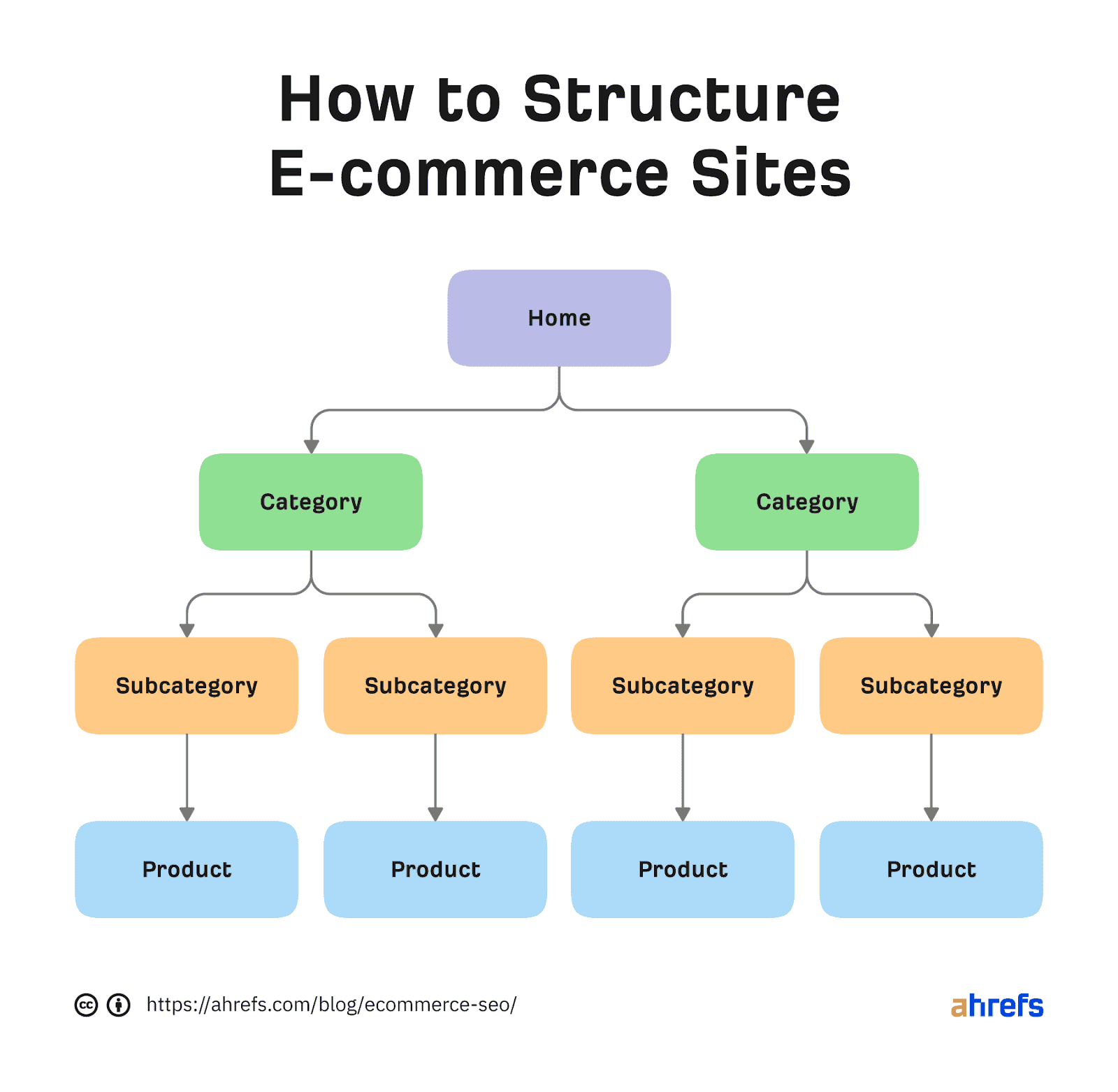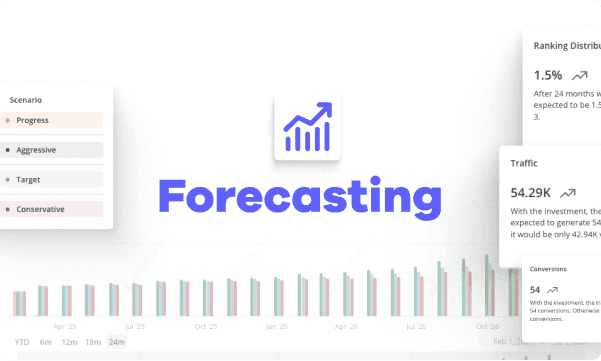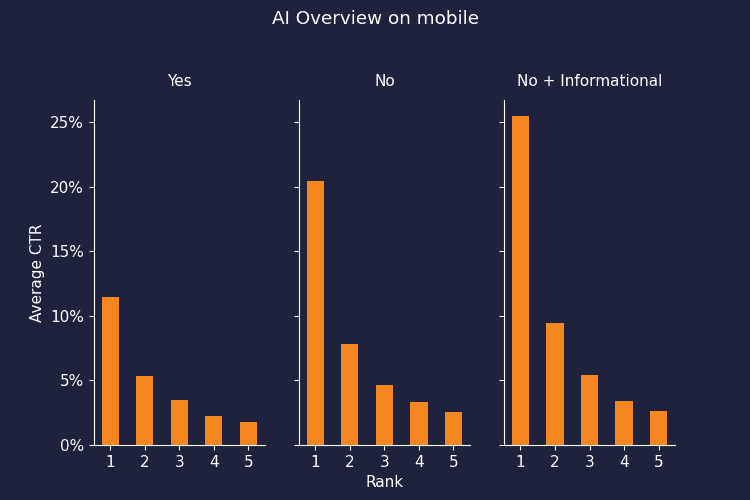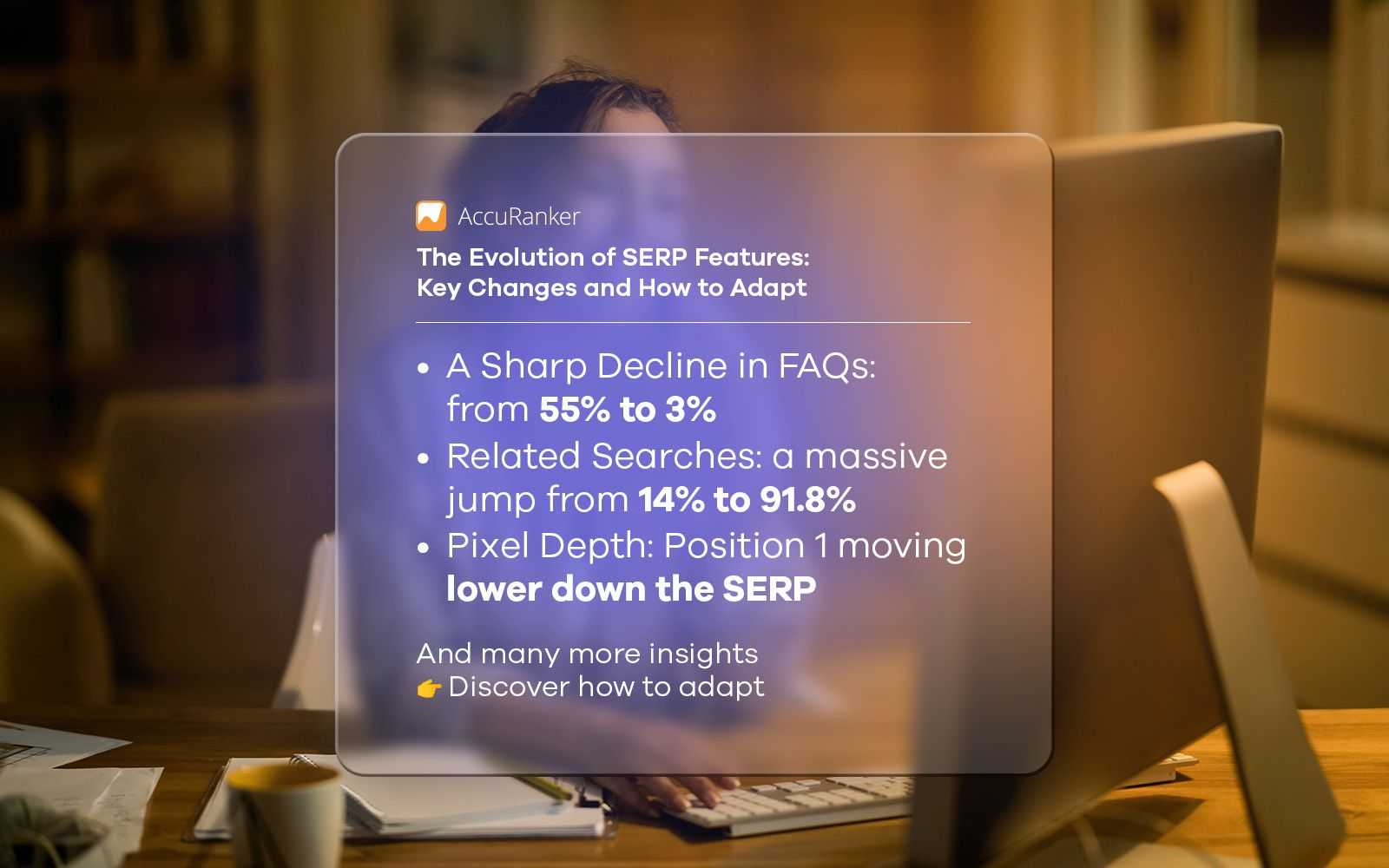E-commerce SEO: Driving Organic Traffic and Sales to Your Online Store
Last updated on Monday, October 2, 2023

How can e-commerce stores overcome challenges like low organic traffic and high competition? If you're wondering, it can be done by implementing effective SEO tactics, they can improve search rankings and attract more relevant website visitors, leading to increased sales and sustained growth in the competitive online marketplace.
Moreover, stores can also try other methods like advertising on social media, partnering with influencers, and sending attractive emails to reach more people. Making their websites easy to use, quick to load, and engaging can keep visitors interested.
By building a solid brand and offering unique products, stores can stand out. Simply put, a mix of smart SEO, strategic marketing, user-friendly websites, and a strong brand can help e-commerce stores survive and thrive in the competitive online world.
Keep reading the article to discuss the benefits of SEO for e-commerce businesses and uncover actionable tips to drive traffic to your online store with SEO tactics. Moreover, using a no-code platform can simplify the implementation of SEO techniques, making it easier for businesses to enhance their online presence and attract organic traffic.
Importance of SEO for e-Commerce Business
First, let's discuss the advantages of SEO strategies for e-commerce businesses.
✓ Increased visibility
SEO's main aim is to make your website appear better in search engines. So, when people look for things your online store sells, a website that's well set up for SEO can pop up higher in the search list. This makes more people see your store, visit it, and maybe become customers.
✓ Organic traffic and cost savings
SEO helps generate organic traffic, meaning visitors arrive at your website without the need for paid advertising. Organic traffic can be a cost-effective way to attract potential customers compared to other forms of digital marketing.
✓ Credibility and trust
When your site is high in search results, people trust it. This can make them more likely to buy from your online store.
✓ Targeted audience
SEO allows you to target specific keywords and phrases relevant to your products or services. This targeting helps connect with an audience actively looking for what you offer, increasing the likelihood of converting visitors into customers.
✓ Better user experience
SEO isn't just about search engines – it's about making users happy, too. Things like fast website speed, mobile friendliness, and easy navigation matter. When you improve these, customers are happier and buy more.
✓ Competition advantage
In the competitive e-commerce world, SEO offers an edge. Ranking higher means grabbing customers' attention before seeing your competitors' offerings.
Overall, investing in SEO is vital for an e-commerce business aiming to establish a strong online presence, connect with its target audience, and effectively compete in the digital marketplace. By adopting a comprehensive SEO strategy, the business can ensure sustainable growth and attain long-term success.
How to drive organic traffic and sales to your online store
There is no doubt that SEO tactics are extremely beneficial for e-commerce stores. Now let’s discuss exact SEO strategies that can help to bring organic traffic and sales.

Understand your product catalog
Begin by thoroughly understanding the products you offer on your e-commerce website. Create a comprehensive list of product categories and subcategories. Knowing your products well will help you generate relevant keyword ideas later in the process.
✓ Brainstorm seed keywords
Start with seed keywords related to your products and niche. Seed keywords are short, broad terms that describe your main product categories. For example, if you sell smartphones, seed keywords could be "smartphone," "mobile phone," or "cell phone."
✓ Focus on product-specific keywords
Look for keywords that are highly relevant to individual products or product types.
✓ Consider long-tail keywords
Long-tail keywords are longer and more specific phrases that cater to niche queries. These keywords often have lower search volumes but higher conversion potential. Include long-tail keywords that reflect user intent and can lead to direct purchases.
✓ Analyze competitor keywords
Study your competitors' e-commerce websites to identify the keywords they are targeting. This can give you insights into their successful SEO strategies and help you discover new keyword opportunities.
✓ Check search intent
Ensure that the keywords you select match the search intent and are relevant to the topic you are optimizing for. Some keywords may indicate a desire to purchase, while others may indicate a need for information or comparison. Align your chosen keywords with the content and product pages on your e-commerce site accordingly.
✓ Assess keyword difficulty
Evaluate the competitiveness of the keywords you've collected. High-competition keywords may be challenging to rank for, especially if your e-commerce website is relatively new. So, target a mix of high, medium, and low-competition keywords to achieve a balanced SEO strategy.
✓ Organize and group keywords
Group your keywords into themes or product categories. This organization will help you create targeted product pages and structure your website content effectively.
By following these steps, you can build an effective keyword list for your e-commerce website. This way, you will not only improve search engine rankings and increase organic traffic but also attract potential customers to your online store.
On-Page Optimization for E-commerce
On-page optimization is vital for e-commerce websites. By using relevant keywords in titles, descriptions, and product details, you improve SEO ranking and attract organic traffic. Quality images and clear product descriptions improve the user experience, aiding purchase decisions. Fast-loading, mobile-friendly sites with clear CTAs create a seamless shopping journey. Customer reviews and structured data build trust and credibility, increasing conversions.
In e-commerce, on-page optimization drives sales and revenue. Suggesting related products and upsells boosts order value. A secure, user-friendly checkout reduces cart abandonment—clean URLs aid search engines in preventing duplicate content. Consistent efforts lead to better user experiences, higher search visibility, and improved conversions. Stay ahead by continuously refining on-page elements in this dynamic market. Lastly, optimizing container networking for your e-commerce platform can enhance performance and reliability during high-traffic periods, boosting the shopping experience.

Technical SEO for E-commerce
Technical SEO is a crucial aspect of optimizing e-commerce websites to ensure search engines can crawl, index, and rank the site effectively. Here are some essential technical SEO practices for e-commerce:
✓ Website structure and navigation
Design a clear and user-friendly website structure with logical navigation. Use a hierarchical structure for categories and subcategories to help both users and search engines understand the organization of your e-commerce site.
✓ URL structure
Create clean, descriptive, and SEO-friendly URLs for product and category pages. Avoid dynamic parameters and include relevant keywords in the URLs.
✓ Site speed optimization
Optimize your website for fast loading times. Compress images, enable browser caching, minimize HTTP requests, and use a content delivery network (CDN) to improve page load speed.
✓ Mobile Responsiveness
Ensure your e-commerce site is fully responsive and mobile-friendly to cater to the growing number of mobile users and to meet Google's mobile-first indexing requirements.

Creating high-quality content for e-commerce store
Great content for your e-commerce store is a must. It keeps people interested, brings in free visitors, and builds trust for buying. Good product details, nice images, and customer reviews help a lot. By optimizing your content for search engines, you can effectively maximize your content ROI and drive conversions on your e-commerce store.
Creating informative blog posts that address common questions and provide useful guides can position your store as an industry authority. Interactive features like quizzes and polls not only boost user engagement but also promote social sharing, potentially resulting in more backlinks.
Improve website visibility and search ranking by optimizing content with keywords and meta tags. This helps interested customers easily discover and explore your products.
To grow your e-commerce store's reach, focus on building backlinks and authority. Creating valuable content like guides and collaborating with influencers can attract backlinks and boost your site's credibility with search engines. Engage in outreach and guest posting to strengthen your backlink profile and expand your audience.
Leveraging social media to drive traffic to your e-commerce store
Use social media to boost organic traffic to your online store. Reach potential customers and engage your target audience directly. Here are effective tips for maximizing social media's impact on your e-commerce traffic.
✓ Identify your target audience
Understand who your ideal customers are and which social media platforms they use the most. Focus your efforts on the platforms where your target audience is most active.
✓ Create engaging content
Produce high-quality and visually appealing content that resonates with your audience. Use a mix of product images, videos, infographics, and lifestyle shots to keep your content fresh and engaging.
✓ Consistency and frequency
Maintain a consistent posting schedule to keep your audience engaged and aware of your brand. However, avoid overwhelming them with too many posts. Find the right balance based on each platform's best practices.
✓ Utilize influencers and user-generated content
Partner with influencers and brand advocates with a significant following in your niche. Their endorsements can help increase your brand visibility and credibility. Additionally, encourage your customers to create and share content featuring your products (user-generated content).
✓ Hashtags and keywords
Use relevant hashtags and keywords in your posts to increase discoverability. Research popular hashtags in your niche and incorporate them into your content where appropriate.
✓ Engage with your audience
Respond to comments, messages, and mentions promptly. Engaging with your audience builds trust and fosters a sense of community around your brand. Moreover, using dedicated business phones can streamline communication, ensuring you take advantage of every opportunity to engage with your audience and provide excellent customer service.
✓ Utilize shoppable posts
Many social media platforms offer shoppable post features, allowing users to buy products directly from the platform. Take advantage of these features to streamline the buying process for your customers.
Remember that building organic traffic on social media takes time and effort. Be patient and consistently deliver valuable content to foster a loyal and engaged community around your brand.
To sum up
In the fast-paced world of e-commerce, it's crucial to prioritize key SEO strategies for sustained success. Organic traffic brings in high-quality, relevant visitors who are more likely to convert into customers.
By continually refining your SEO approach, you can stay ahead of the curve and maintain a strong online presence, ultimately driving more sales and achieving lasting e-commerce success.

Article by:
Lilit
SEO content writer at SayNine.ai
Lilit is an SEO content writer at SayNine.ai and a literature admirer. She believes that words have power and that we should use them for good. If not writing, Lilit loves to play with her nephews, then water the flowers and trees of their garden.


